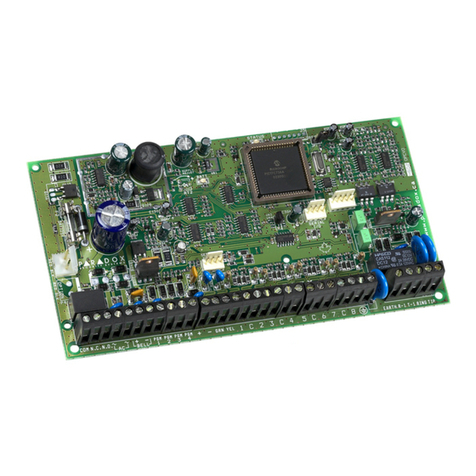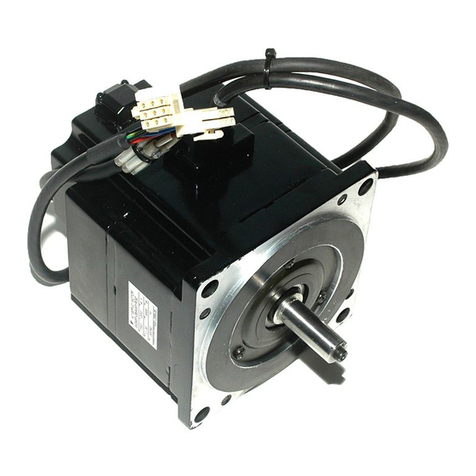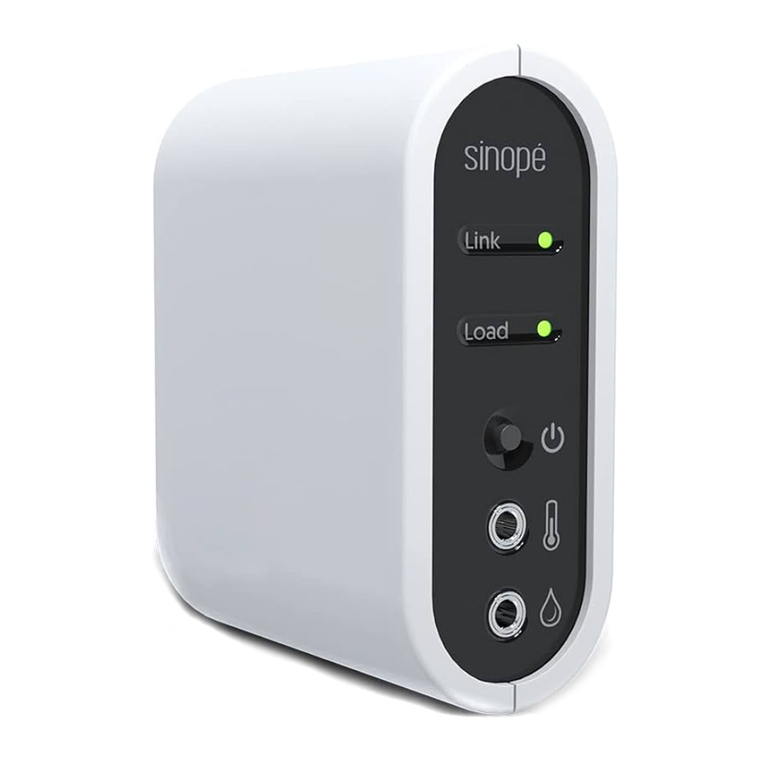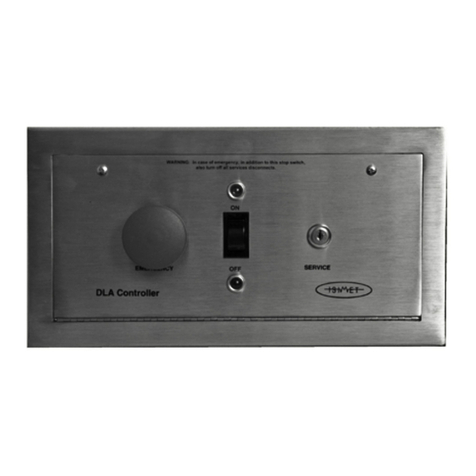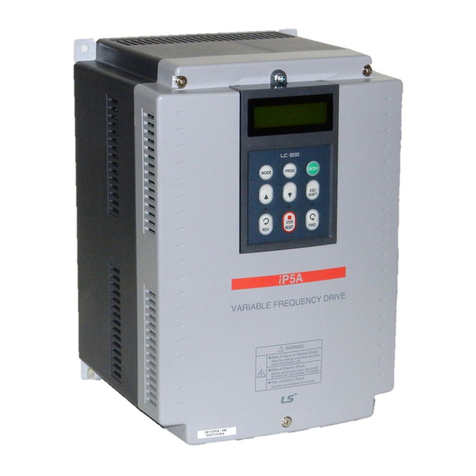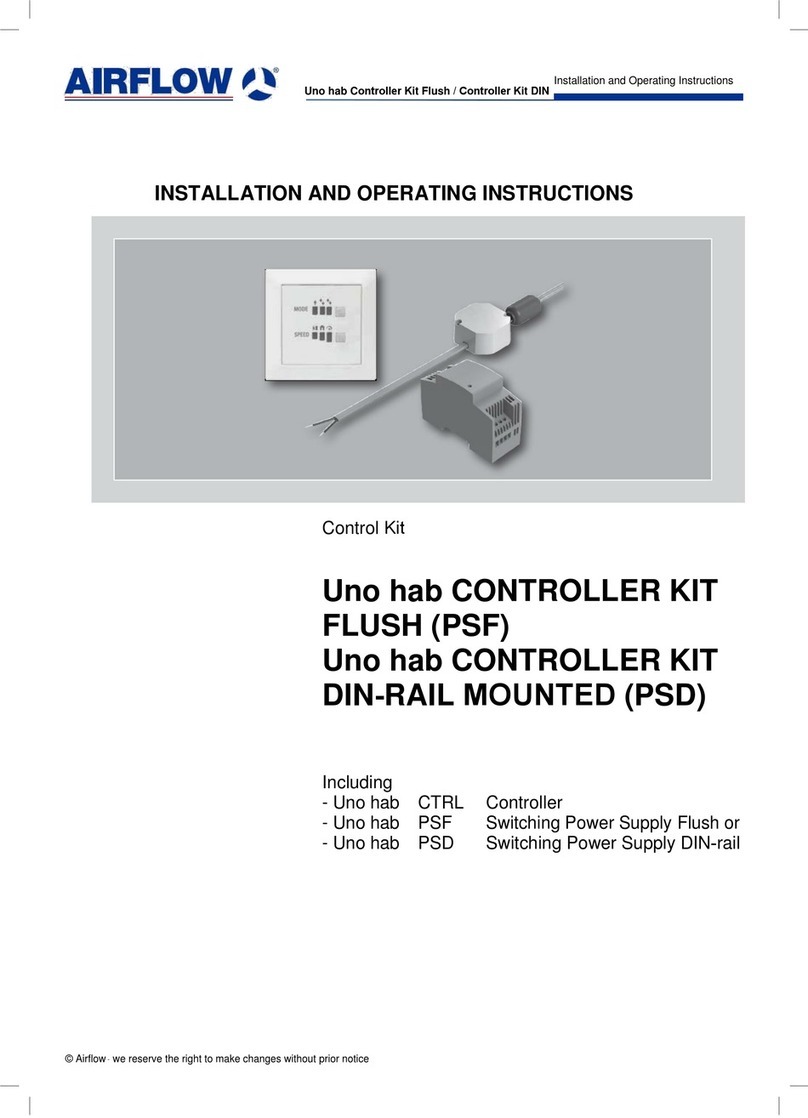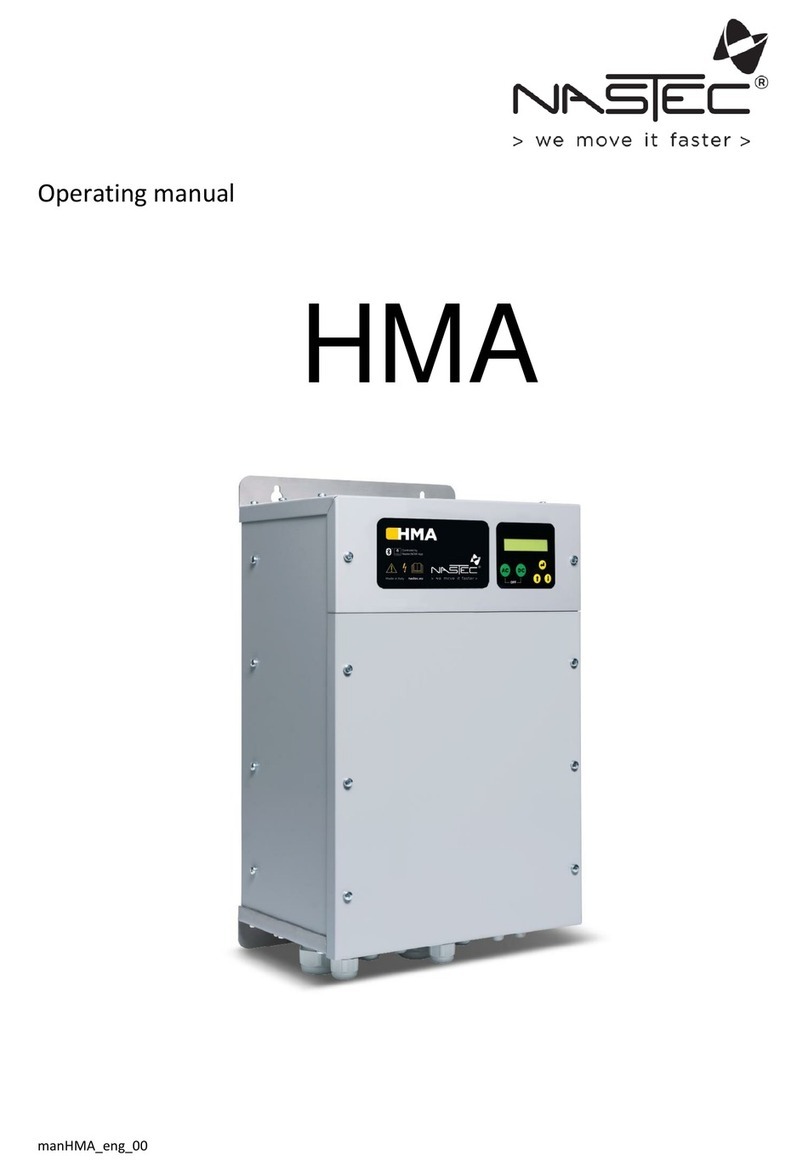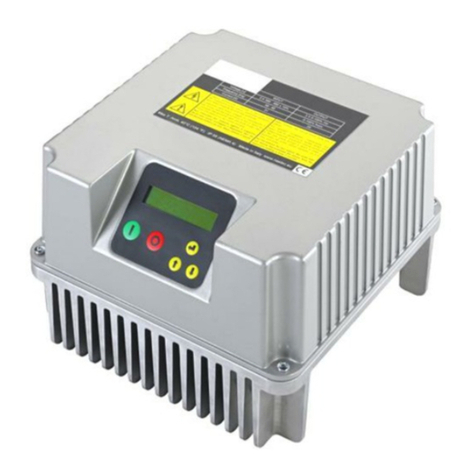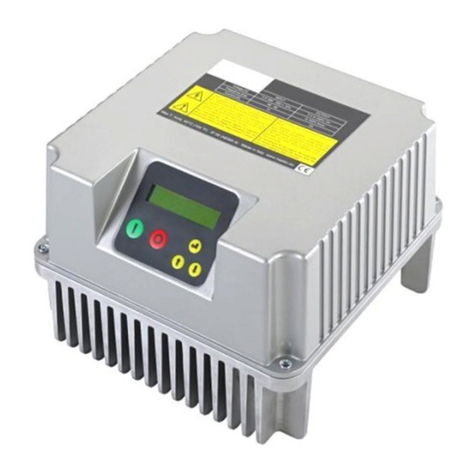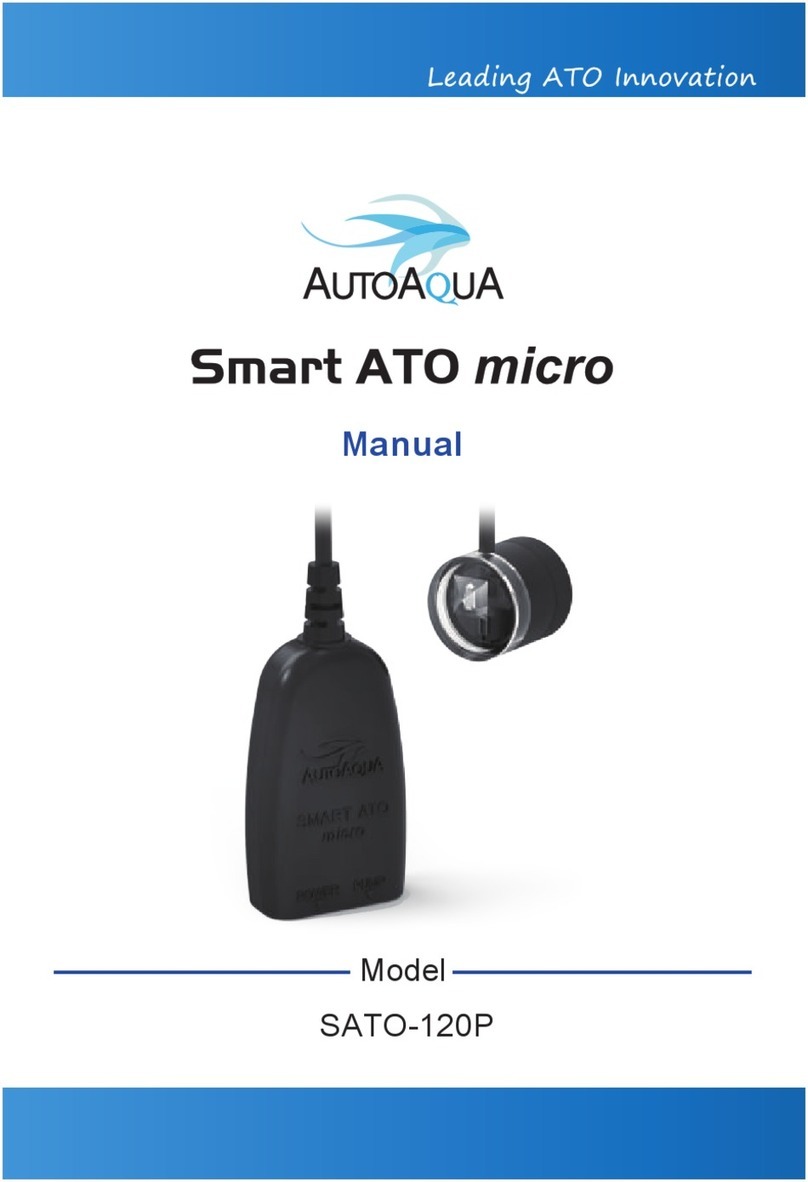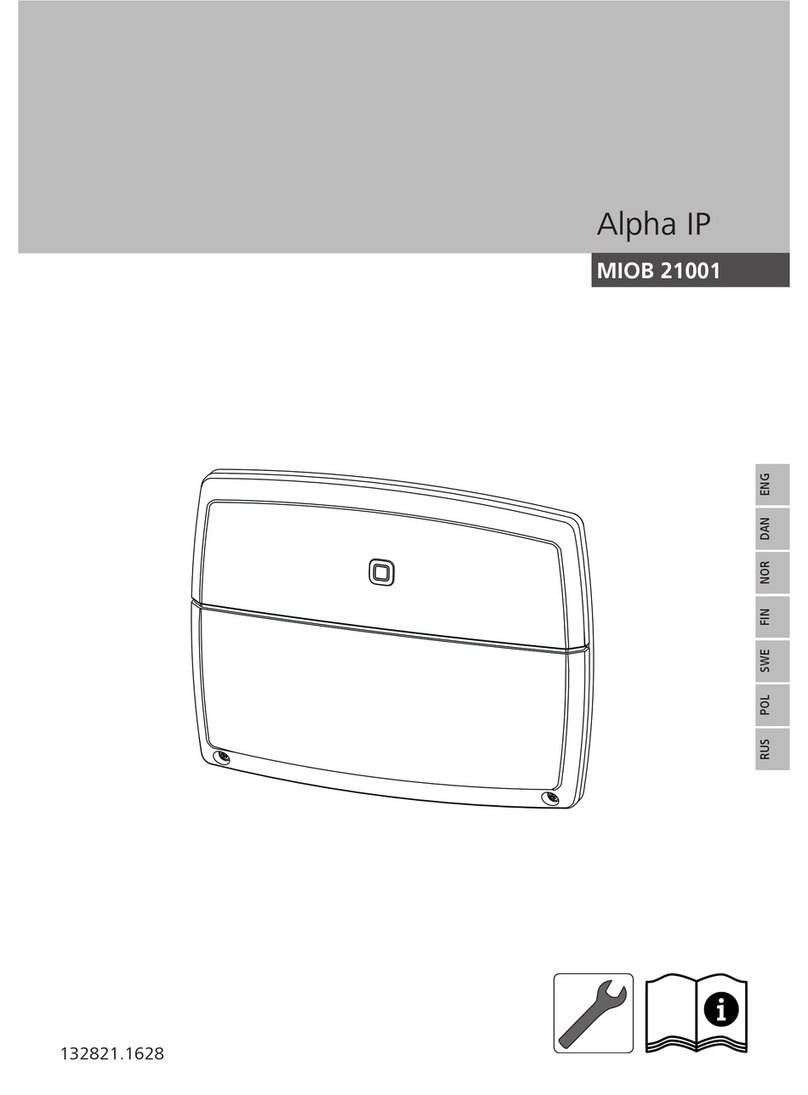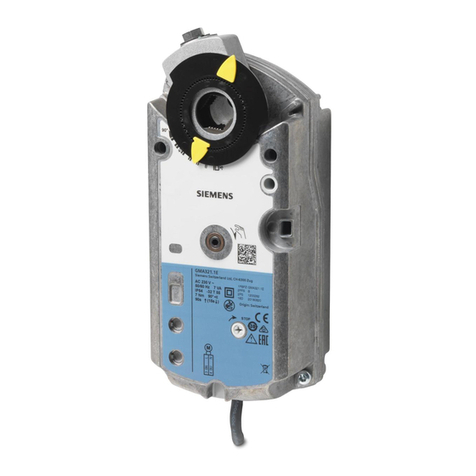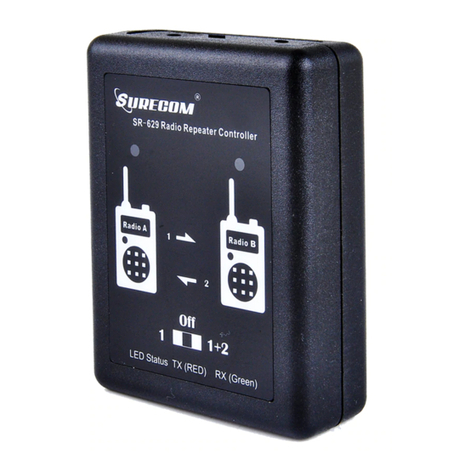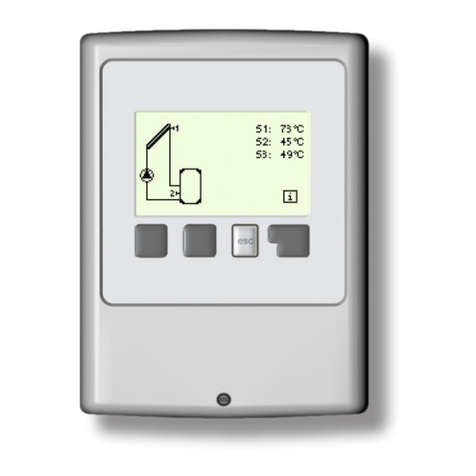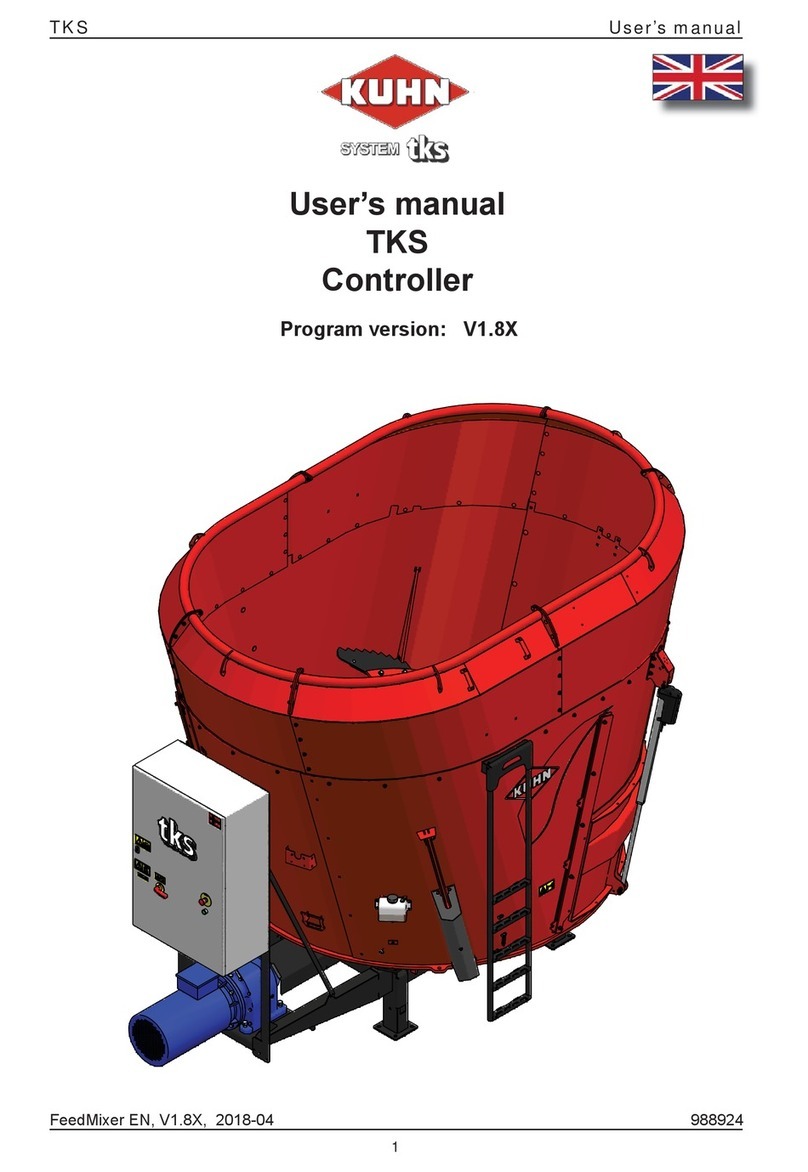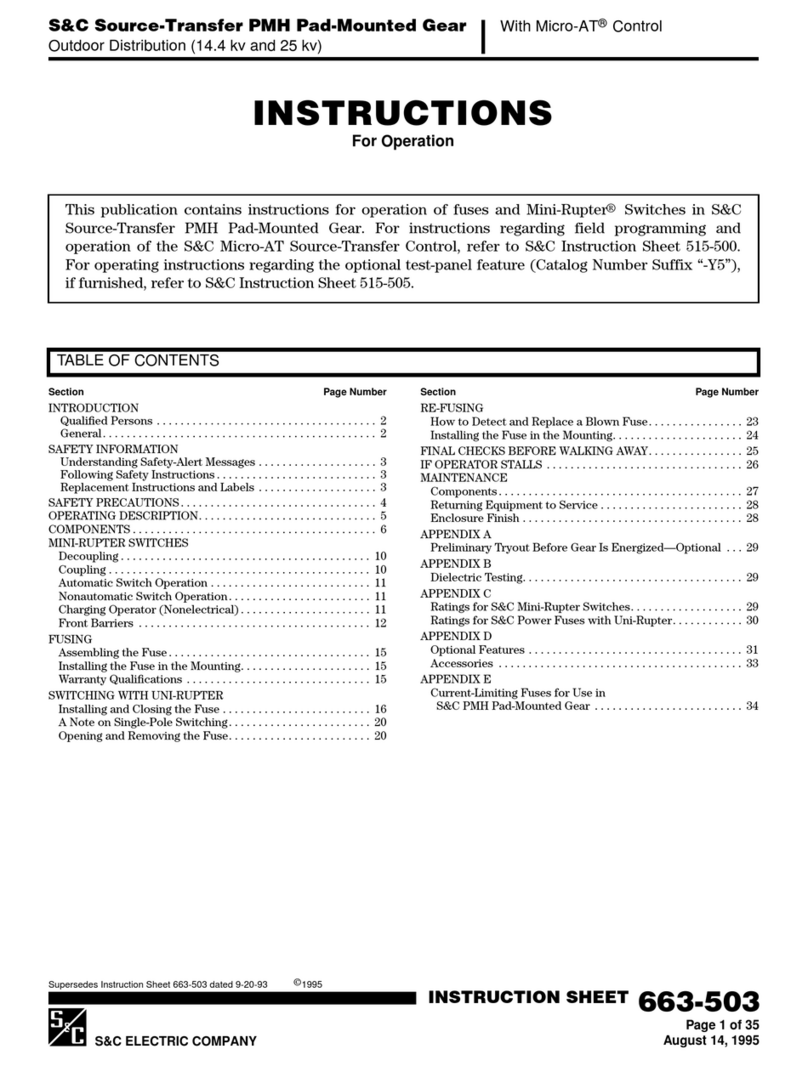2
Index
1. VASCO Introduction........................................................................................................................................................... 3
2. Safety Instructions............................................................................................................................................................. 3
3. Technical Characteristics ................................................................................................................................................... 4
3.1 Weight and dimensions .......................................................................................................................................................... 4
4. Electric wiring.................................................................................................................................................................... 5
4.1 Protections............................................................................................................................................................................... 9
4.2 Electromagnetic compliance.................................................................................................................................................... 9
4.3 Installation with long motor cables ......................................................................................................................................... 9
5. VASCO installation............................................................................................................................................................10
5. VASCO Installation for constant pressure control ................................................................................................................... 12
5.1.1 Pressure tank .............................................................................................................................................................. 12
5.1.2 Pressure sensor........................................................................................................................................................... 12
6. VASCO Use and Programming ..........................................................................................................................................13
6.1 VASCO display ....................................................................................................................................................................... 13
6.2 Initial configuration............................................................................................................................................................... 13
6.3 Initial view ............................................................................................................................................................................. 15
6.4 Menu view............................................................................................................................................................................. 16
6.5 Installer parameters.............................................................................................................................................................. 16
6.6 Advanced parameters............................................................................................................................................................ 21
7. Protections and alarms.....................................................................................................................................................24
8. Minimum stop frequency at 0 delivery (f min Q=0) during constant pressure control. .....................................................26
9. Auxiliary pumps during constant pressure control ...........................................................................................................26
9.1 DOL pumps............................................................................................................................................................................ 27
9.2 COMBO function .................................................................................................................................................................... 28
10. Trouble-shooting chart ...................................................................................................................................................30
11. Technical Assistance .......................................................................................................................................................32
